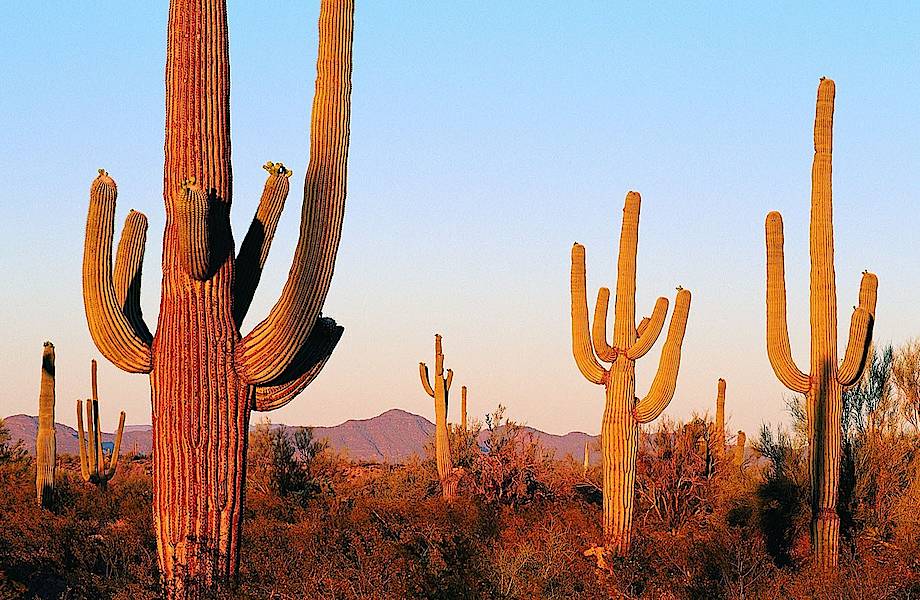Eccentric and unusual environmental laws form part of the legal system of many countries. They may raise eyebrows and questions among citizens, but their purpose is to protect the environment. In this essay, we will look at several unusual laws and show how these strange rules can play an important role in preserving the environment.
Unusual rules for nature: laws that will surprise you
One surprising example of extravagant laws relates to the use of plastic bags. More than 40 countries, including China, France, Rwanda and Italy, have banned or partially restricted plastic bags and imposed taxes on their production and use. The punishment for violating this law seems especially unusual. For example, in Kenya, violators face imprisonment for up to 4 years or a fine of up to $40 thousand. This may seem strange at first glance, given the habit of many people using plastic bags, but they are one of the main sources of environmental pollution. Large numbers of these bags end up in the ocean, where they cause the death of turtles, dolphins, whales and seabirds. It takes 500 to 1,000 years for a typical plastic bag to completely decompose, during which time particles can end up in food.

Another surprising rule is the ban on balloons. This ban has already been in effect since 2021 in Maryland and Virginia, in Hawaii in 2022, and will now be in effect in Laguna Beach, California, in 2024. According to this law, the release of balloons of all types at public events and in urban areas will be prohibited, although decorating the house with balloons will be acceptable. The fine for violating these rules can be up to $500. The purpose of the law is to reduce environmental problems associated with pollution and threats to wildlife. Balloons take decades to decompose in the ocean and can also pose a danger to marine mammals because they are made of latex, which, if swallowed, can cause obstruction and death to the animal by forming obstructions in its stomach or digestive tract.
Unusual rules in Thailand and Arizona
Also worth mentioning is the law in Thailand, which imposes a $600 fine for throwing chewing gum on the sidewalk. If the fine cannot be paid, the person may be subject to imprisonment. This law was passed to ensure public cleanliness and maintain order.

In Arizona, cutting down cacti is considered a serious crime, punishable by up to 25 years in prison. While this may seem unusual, there is a reason for it: the saguaro cactus grows slowly and is found exclusively in the Sonoran Desert, making it a rare and endangered plant species.
In conclusion, I would like to note that surprising and strange laws in the field of ecology may be surprising, but they remind us of the importance of maintaining a balance between human needs and nature conservation. These seemingly unusual rules are examples of how different countries and cultures strive to solve their environmental problems and maintain order in their territories.

